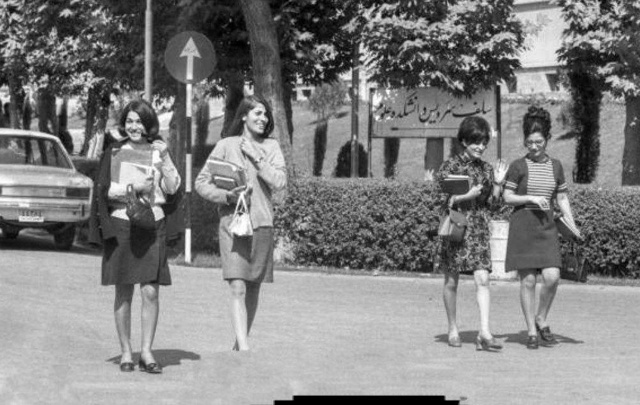Before major political or social revolutions, universities often reflected the broader structures and tensions of the society in which they operated. In many countries, these institutions served both as centers of learning and as spaces where early signs of revolutionary thinking emer ged. Universities were usually shaped by traditional educational models. Curricula tended to focus on classical subjects—philosophy, literature, law, and theology—and were often slow to adopt modern scientific or social disciplines.
Access to advanced research tools was limited, and educational methods relied heavily on memorization rather than critical inquiry. Most universities operated under strict government or religious oversight. Authorities closely monitored academic activities, curriculum design, and even campus life. In many places, the ruling elite used universities as a means of reproducing social order, training civil servants, and reinforcing dominant ideologies.


